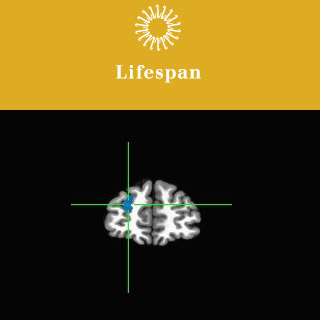
The experts allege that when people who have apparently kept the weight off for numerous years were supposedly shown images of food, they were apparently more expected to engage the regions of the brain which were supposedly linked with behavioral control and visual attention. This was opposed to obese and normal weight participants. The results claim that successful weight loss maintainers may learn to react in a different manner to food cues.
Lead author Jeanne McCaffery, PhD, of The Miriam Hospital’s Weight Control and Diabetes Research Center, commented, “Our findings shed some light on the biological factors that may contribute to weight loss maintenance. They also provide an intriguing complement to previous behavioral studies that suggest people who have maintained a long-term weight loss monitor their food intake closely and exhibit restraint in their food choices.”
Long-term weight loss maintenance may carry on to be a chief issue in obesity treatment. Members in behavioral weight loss programs could lose an average of 8 to 10 percent of their weight during the first six months of treatment and may maintain about two-thirds of their weight loss post one year. Nevertheless, in spite of rigorous hard work, weight regain seem to persist for many years, with most patients apparently having their baseline weight back after about five years.
The experts apparently used functional magnetic resource imaging (fMRI), a non-invasive method that could restrict areas of the brain stimulated during cognition and experience. So as to examine the brain activity of three groups which are supposedly 18 individuals of standard weight, 16 overweight people which may be defined as a body mass index of at least 30 and 17 applicants who have apparently lost at least 30 lbs and have effectively sustained that weight loss for a minimum of around three years.
Post a four-hour fast, to ensure subjects would be hungry, they were apparently shown images of food items, counting low-calorie foods like whole grain cereals, salads, fresh vegetables and fruits, high-calorie foods like cheeseburgers, hot dogs, French fries, ice cream, cake and cookies and nonfood objects with alike visual complexity, texture and color such as rocks, shrubs, bricks, trees and flowers. The MRI scans apparently documented brain responses to every picture.
Those people in the successful weight loss maintenance group apparently responded in a different way to these pictures as opposed to other groups. Particularly, experts apparently saw powerful signals in the left superior frontal region and right middle temporal region of the brain which may be a pattern regular with better inhibitory control in response to food images and superior visual attention to food cues.
McCaffery, who is also an assistant professor of psychiatry and human behavior (research) at the Warren Alpert Medical School of Brown University mentioned that it is possible that these brain responses may lead to preventive or corrective behaviors – particularly greater regulation of eating – that promote long-term weight control. However, future research is needed to determine whether these responses are inherent within an individual or if they can be changed.
This study has been published by the American Journal of Clinical Nutrition.
